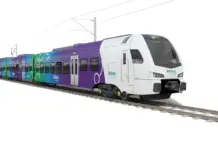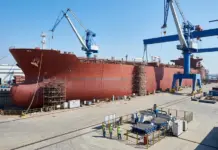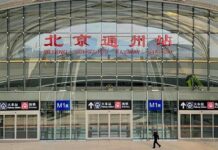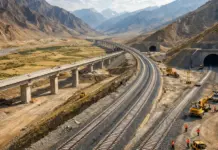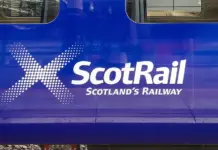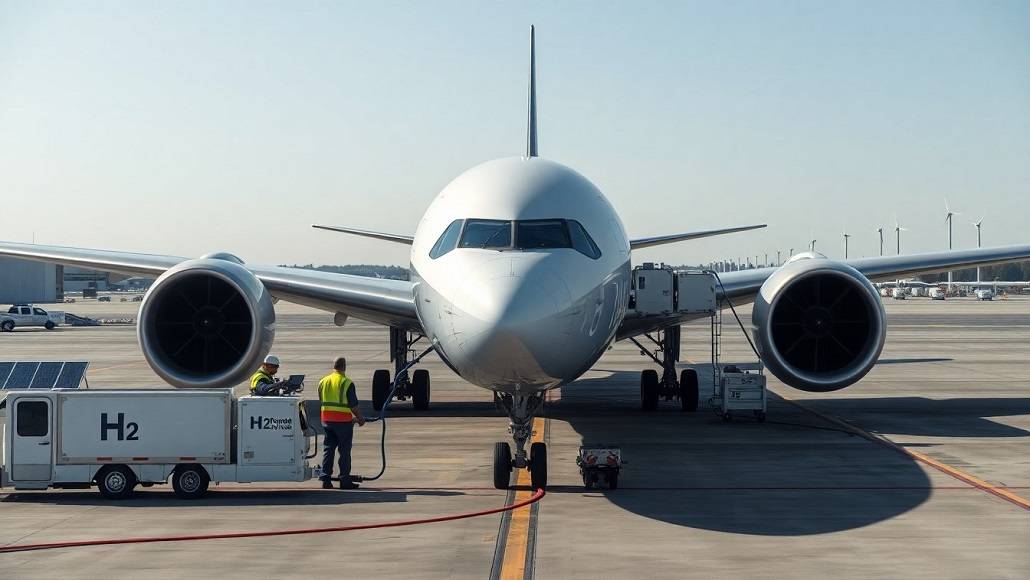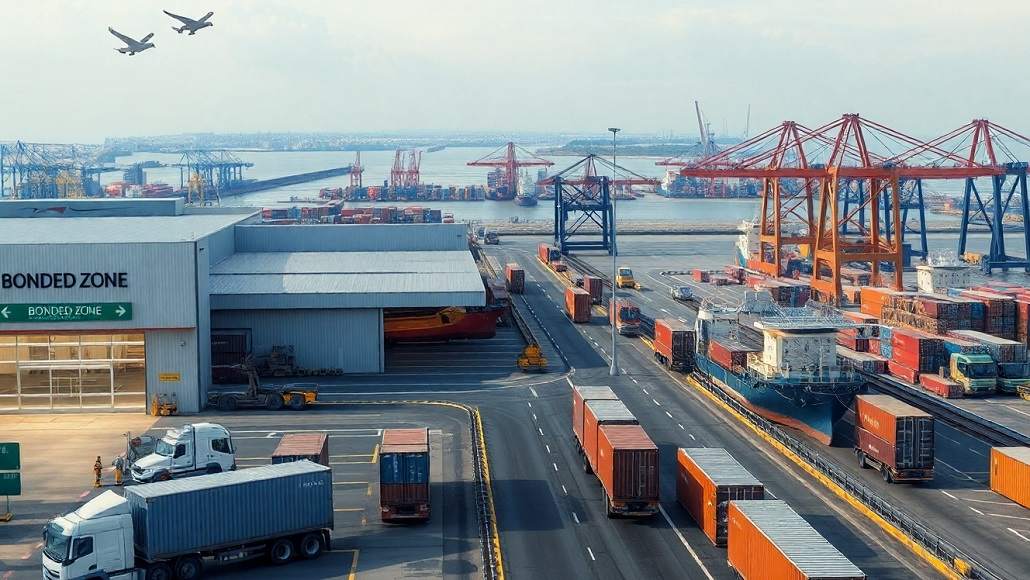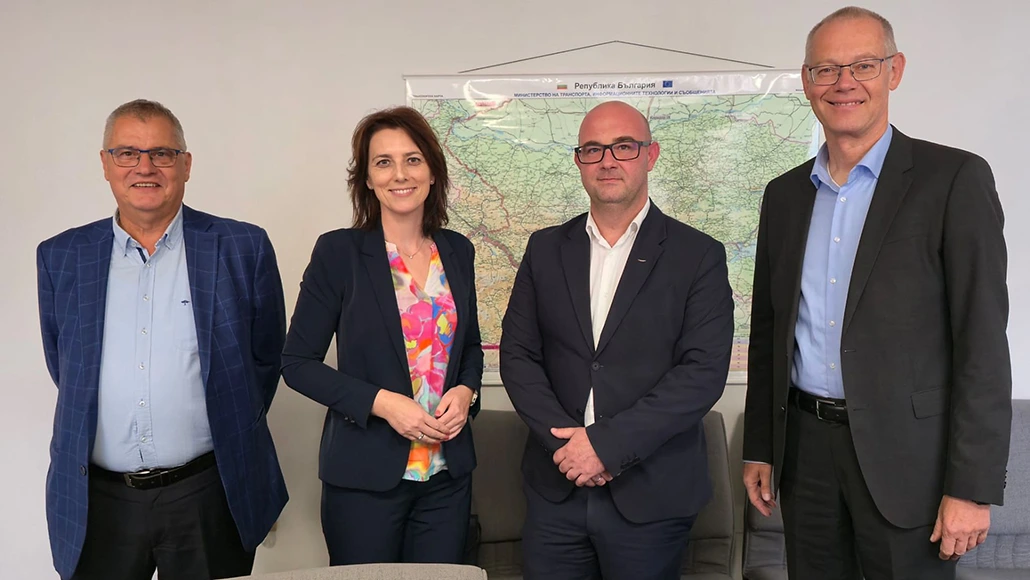Hitachi Rail has teamed up with Alokor EAD to deliver technical assistance and expert support for the upkeep of signaling systems along the Sofia–Plovdiv–Svilengrad railway corridor. Alokor EAD is a partner in the Service Level Agreement (SLA) signed with the National Railway Infrastructure Company (NRIC). With this deal, Hitachi Rail aims to strengthen its role in keeping Bulgaria’s railway network reliable and operating efficiently for years to come.
Under the agreement, Hitachi Rail will take charge of supplying and repairing spare parts for most of the railway signaling systems, including electronic interlockings (IXL), ETCS Level 1, Centralized Traffic Control (CTC), and other field components. The two-year SLA is meant to keep the network operating smoothly and consistently, with an emphasis on reliability and scheduled maintenance instead of reactive repairs.
The partnership is meant to boost the dependability of railway signaling systems along two of Bulgaria’s busiest rail routes. It also helps operators and passengers by improving traffic flow and cutting the risk of system failures. With better upkeep and fewer disruptions, the network is expected to stay stable and predictable over time. This in turn helps sustain a reliable transport service across one of the country’s busiest rail links.
Hitachi Rail’s operations in Bulgaria date back nearly a decade, when it equipped the Septemvri–Plovdiv and Plovdiv–Svilengrad lines, totaling about 200 kilometers, with 17 new electronic interlockings and the European Train Control System (ETCS) Level 1. The new agreement focuses on preserving and maintaining these existing installations, reinforcing the strategic importance of the Sofia–Plovdiv–Svilengrad corridor as a key connection between Europe and Asia.
Manfred Zekl, Head of Branch Bulgaria, Hitachi Rail Austria, said: “Hitachi Rail has extensive experience in supporting Bulgaria’s rail infrastructure with advanced technology and reliable service. This agreement reflects our commitment to sustainability and long-term partnerships in European rail transport.”





